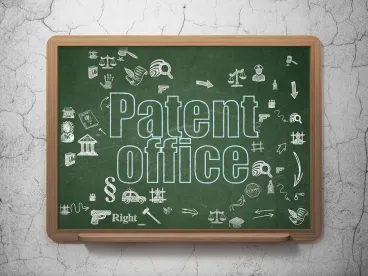In a 10-2 en banc decision issued Feb. 12, the Federal Circuit Court of Appeals reaffirmed its prior decisions, holding that mere sale of a U.S.-patented article abroad, without more, does not authorize the buyer to import, sell or use the article in the United States. Lexmark International, Inc. v. Impression Products, Inc., Federal Circuit 2014-1617,2014-1619 ( Fed. Cir. February 12, 2016).
A foreign sale may still be a defense to U.S. infringement but only by an express or implied license based on patentee communications or other circumstances of the sale. The court distinguished the Supreme Court’s recent copyright decision in Kirtsaeng v. John Wiley & Sons, Inc., finding no counterpart in the Patent Act to the copyright statute at issue in that case specifically entitling owners of copyrighted articles to take actions without the authority of the copyright holder.
The court also reaffirmed that a patentee sale of a patented article subject to a clear and lawful single-use/no-resale restriction does not give the buyer or downstream buyers authority for patented use that was expressly denied. The court distinguished the SCOTUS decision in Quanta Computer, Inc. v. LG Electronics, Inc. on its facts because it did not address a patentee sale subject to an express use restriction, but a sale under a patentee-granted license with no restrictions on further sale or use.
This decision will very likely be the subject of a certiorari petition to SCOTUS. It should be considered where a party may have potential defenses because it purchased accused product abroad or without knowledge or notice of patentee-imposed restrictions on re-use or re-sale.



 />i
/>i


